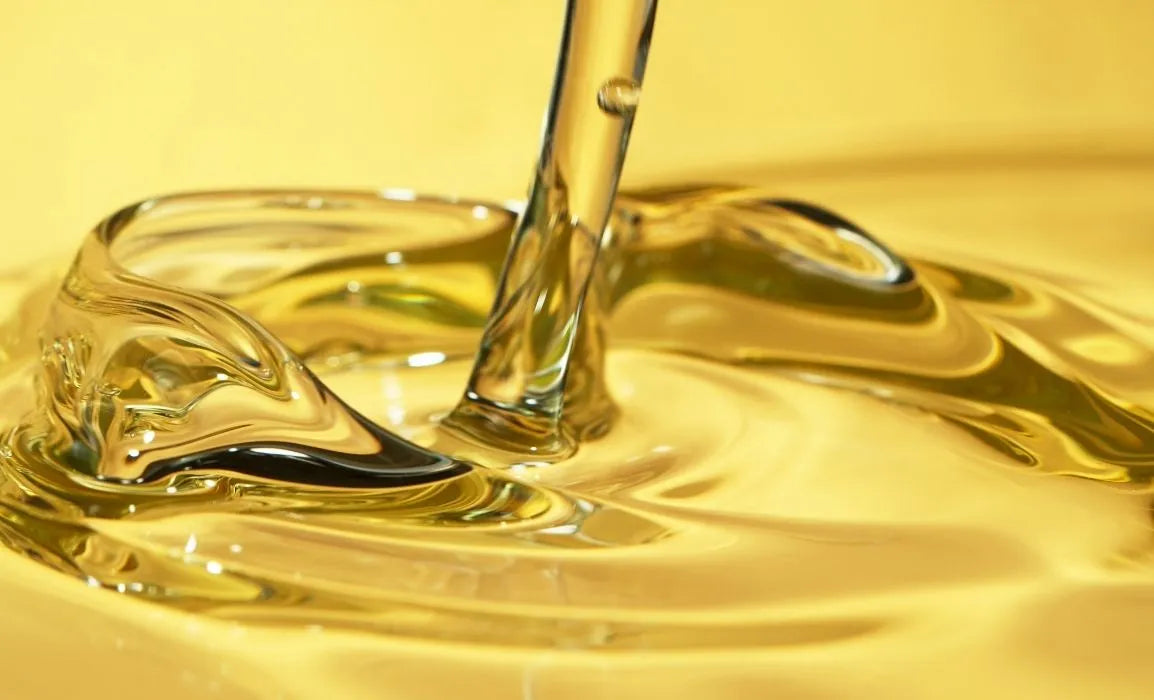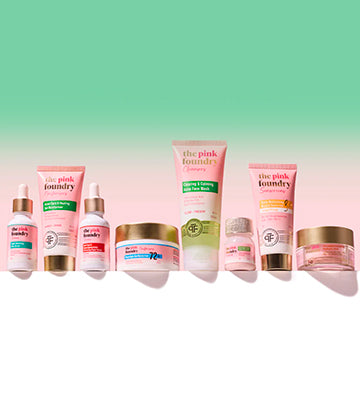Sorbitan Oleate in skincare

Introduction
Sorbitan oleate is an ester that is formed by reacting sorbitol and oleic acid. The skincare industry, for instance, uses it as an emulsifying agent, stabiliser, or surfactant. As a result, this product helps oil blend with water-based ingredients to keep them mixed together. Furthermore, it also enhances the texture and consistency of products, thus extending shelf life while making creams and lotions easy to smoothly spread on the skin. In addition to its moisturising attributes, this chemical can also act as a skin conditioning agent.
Also read: What is sorbitol in skincare?
What is sorbitan oleate?
An everyday skincare ingredient known as sorbitan oleate functions as an emollient, emulsion stabiliser, and conditioning agent. This oil-loving natural ingredient derived from plants may be used as a wetting agent or dispersion aid in combining water with oily compositions. Usually employed as a co-emulsifier within lotions along with other emulsions, sorbitan oleate has the viscosity of a yellow or brown viscous liquid.
What does sorbitan oleate do in skincare products?
Sorbitan oleate has strong moisturising properties that enhance the hydrolytic function of human skin. Other strong surfactants dry out the skin or remove water from it, leading to desiccation of the skin, whereas this does not happen with sorbitan oleate. Products like sunscreens that contain pigments or mineral filters utilise sorbitan oleate to disperse them in the whole volume of the formulation homogeneously.
Sorbitan oleate benefits in skincare
The sorbitan oleate benefits in skincare products are numerous:
- Emulsification: It is an effective emulsifier compound that allows water and oil-based components in a formulation to be mixed. In this way, stable and highly desirable creams, lotions as well as face serums are formed.
- Stabilisation: The emulsifying characteristics of sorbitan oleate keep the formula intact by preventing separation between the oil and water phases. Thus, it enables maintenance of consistency during the whole life cycle of a product.
- Texture improvement: Sorbitan oleates make a smooth, even texture in skincare products. This improves the consumer experience since it creates a pleasurable feel on the skin.
- Dispersion of ingredients: The sorbitan oleate functions as a dispersing agent to make sure that various ingredients are evenly distributed throughout the product. It leads to even distribution of active substances within formulations, thereby increasing their efficacy.
- Enhanced skin: Sorbitan oleate can provide luxurious feelings in skincare products such as moisturisers without making them greasy on the skin. Therefore, it's used in diverse types of skincare products where sensory feel is crucial.
Precautions while using sorbitan oleate
When using sorbitan oleate in skincare, several precautions must be taken into account to ensure their safe and effective use.
- Patch testing: Before you apply any product containing sorbitan oleate to a large surface area of your skin, patch test it. Take a little of the product on an inconspicuous spot like the inside of your wrist or behind your ear and watch out for any adverse reaction over 24–48 hours.
- Concentration levels: Consider the concentration of sorbitan oleate in the formulation. In skincare, low amounts are used to minimise potential irritation or reactivity as a result.
- Sensitive skin: This substance should be applied cautiously to people with sensitive or reactive skin. This substance can cause irritations or allergies for people with sensitive skin. It is recommended that dermatologists are consulted by individuals who have experienced adverse allergic reactions in the past and those with sensitive skin before its use.
- Avoid eye contact: Like many skincare products, direct contact with the eyes must be avoided when using sorbitan oleate. In cases of such incidents, instantly wash thoroughly with water.
- Storage: To preserve their value and prevent deterioration of items containing sorbitan oleate, store them in a cool, dry place.
- Using with other products: As some of these ingredients may react adversely, caution should be taken while combining different skincare products. For example, increased chances of barrier disruption on the skin result from use of more than one product that has emulsifiers like sorbitan oleate.
- Speak to an expert: When unsure about a product containing sorbitan oleate, consult a dermatologist or take any skincare professional's advice.
Conclusion
In conclusion, there are many advantages to using sorbitan oleate in skincare. It is an emulsifier that comes from sorbitol and oleic acid. Its emollient nature assists in moisturising and softening the skin, thus leaving it with a supple and smooth touch. Moreover, it promotes the dispersibility as well as permeation of formulations to allow them to go deeper into the skin for better performance. By incorporating sorbitan oleate products into your daily skincare routine, you can benefit from products that work better, have increased moisturising effects and provide a comfortable experience for your skin - therefore making it healthier and more radiant.

